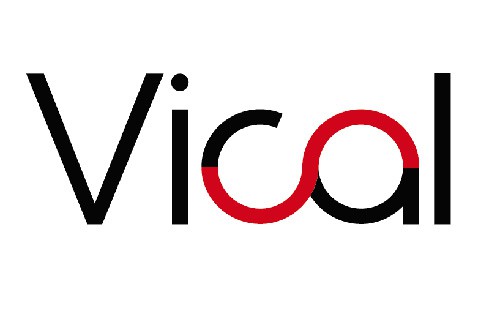
Vical admitted yesterday that two versions of its genital herpes vaccine failed to meet their objectives in a phase III trial, throwing the future of the programme into doubt.
Both a monovalent and a bivalent version of the vaccine against Herpes simplex virus type 2 (HSV-2) – which are formulated with Vical’s adjuvant Vaxfectin to boost immune responses – failed to reduce virus shedding in patients with genital herpes in the phase I/II trial.
The bivalent version cut viral shedding by 19% while its monovalent counterpart reduced it by 12%, compared to a 45% reduction with placebo after three months. The 165 patients in the trial took daily swabs – starting just before the vaccines were administered – to track shedding rates.
There was some positive news for Vical from data which showed that the bivalent vaccine achieved a significant 51% reduction in the emergence of genital lesions from baseline, although the placebo group also showed a 46% reduction. The monovalent vaccine actually showed an increase of 3% on this measure.
Genital herpes is a recurrent, lifelong viral infection and while symptoms can be managed with antiviral drugs, patients tend to suffer recurrent outbreaks, in some cases several times a year. HSV is spread when patients have symptoms, so a key goal is to prevent outbreaks occurring.
An estimated 400 million people worldwide between the ages of 15 and 49 chronically infected with HSV-2. At the moment there is no vaccine for HSV-2, with another candidate in development by GlaxoSmithKline (GSK) called Simplirix dropped from development after disappointing trials in 2012.
Symptoms can be treated using antiviral medicines – such as acyclovir or famciclovir – which are used to hasten the healing of lesions and in some cases as a prophylactic therapy to prevent outbreaks.
Last year, Sanofi set up an alliance with Immune Design to develop a therapeutic vaccine for HSV-2 based on their two vaccine candidates, while Genocea Biosciences, Agenus and Tomegavax all have candidates in early- to mid-stage clinical testing.
Vical chief executive Vijay Samant said the company was disappointed by the results but would continue to monitor patients for efficacy over a nine-month period – and safety over 12 months – to “enable us to determine the appropriate next steps for this programme.”
Investors reacted as might be expected to the news, and Vical’s shares had crashed more than 40% at the time of writing.
Samant said the company would now concentrate on the four other vaccine candidates in its pipeline, the most advanced of which is cytomegalovirus (CMV) vaccine ASP0113, developed in partnership with Astellas Pharma.
ASP0113 is in a phase III trial in stem cell transplant patients and a phase II study in solid organ transplants, and according to Vical data from the phase II trial should be available in the second half of next year.




